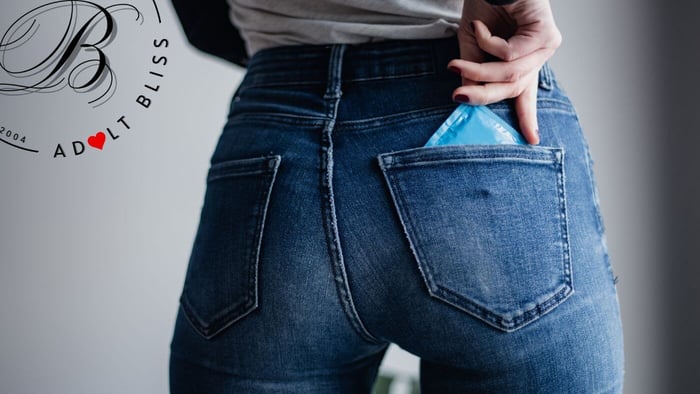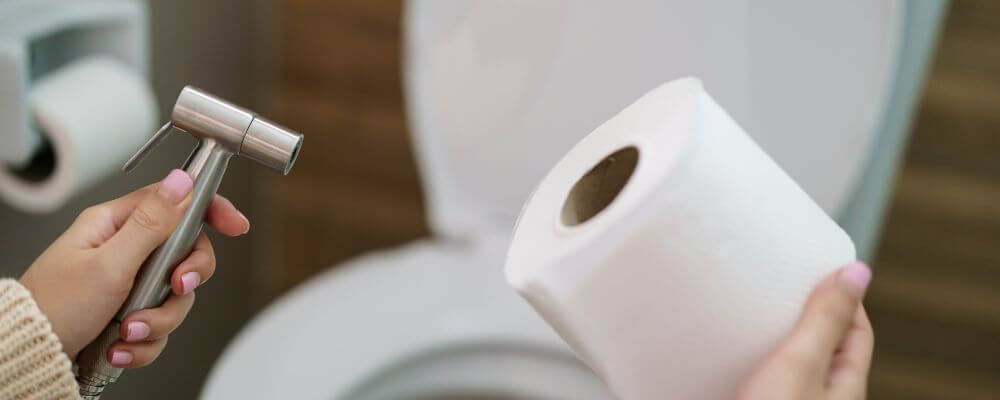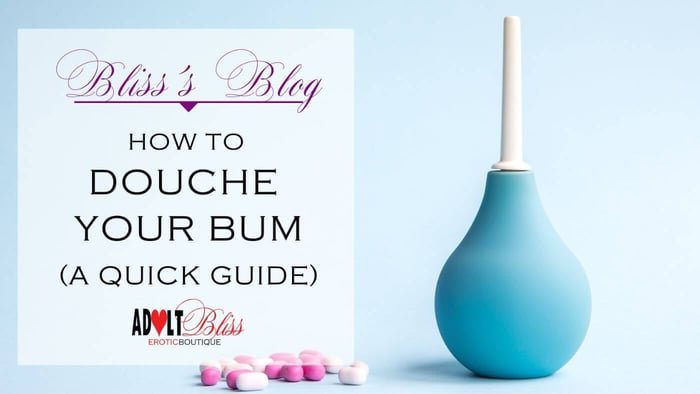
Anal Hygiene: How To Keep My Anus Sexy
Jump To Section
Anus Hygiene: Keeping It Clean, Healthy, and Comfortable
Why Anal Hygiene Matters
When it comes to personal hygiene, anal Hygiene often doesn’t get the attention it deserves. But keeping this area clean and healthy is crucial, not just for comfort, but for preventing infections and irritation. Let’s dive into the essentials of anus hygiene, from wiping techniques to avoiding bacterial transfer, choosing the right products, and even using bidets and douches.
Anal to Genital Bacteria Transfer
One of the most important reasons for maintaining proper anus hygiene is to avoid transferring bacteria from the anus to the genitals. This can happen during sex, from incorrect wiping, or even from certain types of underwear. Bacteria like E. coli, which are naturally present in the anal area, can cause infections if they come into contact with the vagina or urethra.
To minimize this risk:
Always wipe from front to back after using the toilet. This simple technique helps prevent bacteria from moving from the anus to the genitals.
During sex, especially anal sex, be mindful of cross-contamination. If you switch from anal to vaginal sex, always use a new condom or clean thoroughly before continuing.
Choose breathable, natural-fiber underwear like cotton. Avoid thongs or tight-fitting underwear during exercise, as they can cause bacteria to transfer from the anus to the vagina.
JO H2O Anal Thick Lubricant

$21.95
JO H20 Anal Thick isn't just kind of thick - it's FIVE TIMES thicker than our best-selling anal formula. Made for those looking for an...… read more
Get One NowToilet Paper and Wiping Technique
Believe it or not, the type of toilet paper you use and how you wipe can make a big difference in your comfort and anal hygiene.
Toilet Paper Choice
Opt for soft, unscented, and non-irritating toilet paper. Scented or rough varieties can irritate the sensitive skin around the anus and contribute to issues like itchiness and cracked skin.
Wiping Technique
Gently wipe until the area is clean, but avoid excessive wiping, which can irritate the skin. If you’re experiencing soreness or irritation, consider using unscented baby wipes or moist wipes designed for sensitive skin. Just be sure to choose wipes that are alcohol-free and hypoallergenic to avoid further irritation and make sure to not leave the area moist after use!
Bidets and Douching
Bidets can be a fantastic addition to your anal hygiene routine, offering a gentle and thorough clean. Here’s what you need to know:
Bidets:
Using a bidet after a bowel movement can help you stay cleaner than toilet paper alone. The gentle water stream cleans the area thoroughly without the need for excessive wiping, reducing the risk of irritation. If you have sensitive skin or are prone to hemorrhoids, a bidet can be especially beneficial.
Douching:
While douching is sometimes marketed for cleanliness, it’s not necessary for anal hygiene and can actually cause more harm than good. Douching can disrupt the natural bacteria balance and may lead to irritation, dryness, or infections. If you feel the need to clean internally before anal sex, use a simple water-based enema and follow the instructions carefully to avoid over-cleaning.
Cleaning and Moisturizing Products
Keeping the anal area clean doesn’t require anything fancy, but a gentle approach is key.
Cleaning:
Wash the anal area daily with warm water and a mild, fragrance-free cleanser. Avoid harsh soaps that can dry out the skin and cause irritation. When cleaning, use a gentle motion and make sure to rinse thoroughly to remove any soap residue.
Moisturizing:
If you’re prone to dry or cracked skin around the anus, using a gentle, fragrance-free moisturizer can help. Look for products that are designed for sensitive skin and are free from harsh chemicals. Apply a small amount after cleaning, ensuring that the area is dry before dressing.
Itchiness and Cracked Skin
Itchiness and cracked skin around the anus can be uncomfortable and embarrassing, but they’re often a sign that your anal hygiene routine needs a tweak.
Causes:
Common causes include using harsh soaps, excessive wiping, or irritation from synthetic fabrics or tight clothing.
Treatment:
Start by adjusting your anal hygiene routine—use softer toilet paper, switch to gentle cleansing products, and keep the area well-moisturized. If itching or cracked skin persists, consider using a barrier cream like zinc oxide, which can protect the skin while it heals.
When to See a Doctor: If your symptoms don’t improve or if you notice bleeding, severe pain, or other unusual symptoms, it’s important to consult a healthcare professional. Persistent issues may be a sign of an underlying condition like haemorrhoids, infections, or dermatitis.
FAQs
What’s the best way to wipe to avoid infections?
Always wipe front to back to prevent bacteria like E. coli from moving from the anus to the genitals, which can lead to infections.
What kind of toilet paper is best for sensitive skin?
Choose soft, unscented, and non-irritating toilet paper. Avoid anything rough or fragranced, which can cause itchiness or cracks.
Are baby wipes safe to use on the anus?
Yes, as long as they are alcohol-free, hypoallergenic, and fragrance-free. Just remember to pat the area dry afterward to prevent moisture irritation.
Are bidets better than toilet paper for anal hygiene?
Many people find bidets more effective and gentler, especially if they have sensitive skin or hemorrhoids. They reduce the need for excessive wiping.
Should I douche to keep my anus clean?
Douching isn’t necessary for daily hygiene and can upset your body’s natural balance. If you're prepping for anal sex, a simple water-based enema used carefully is best.
What causes itchiness or dry skin around the anus?
It could be due to harsh soaps, rough wiping, tight clothing, or moisture imbalance. Switching to gentle products and moisturizing can often fix the issue.
Can I use regular moisturiser on my anus?
Only if it’s fragrance-free and designed for sensitive skin. Products with harsh ingredients can irritate delicate skin around the area.
When should I see a doctor about anal discomfort?
If you notice bleeding, persistent pain, or cracked skin that doesn’t heal after adjusting your routine, it’s best to consult a healthcare professional.










